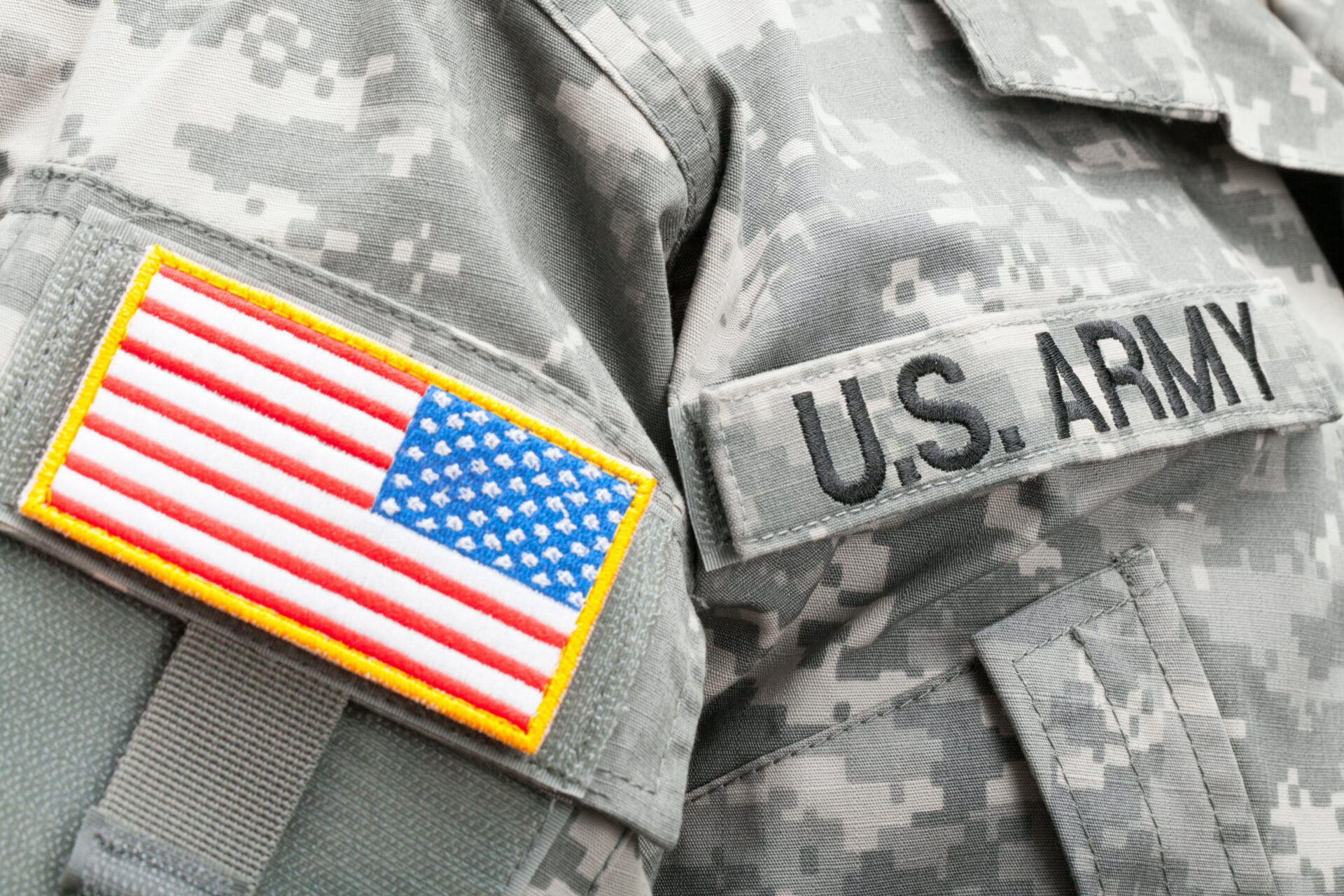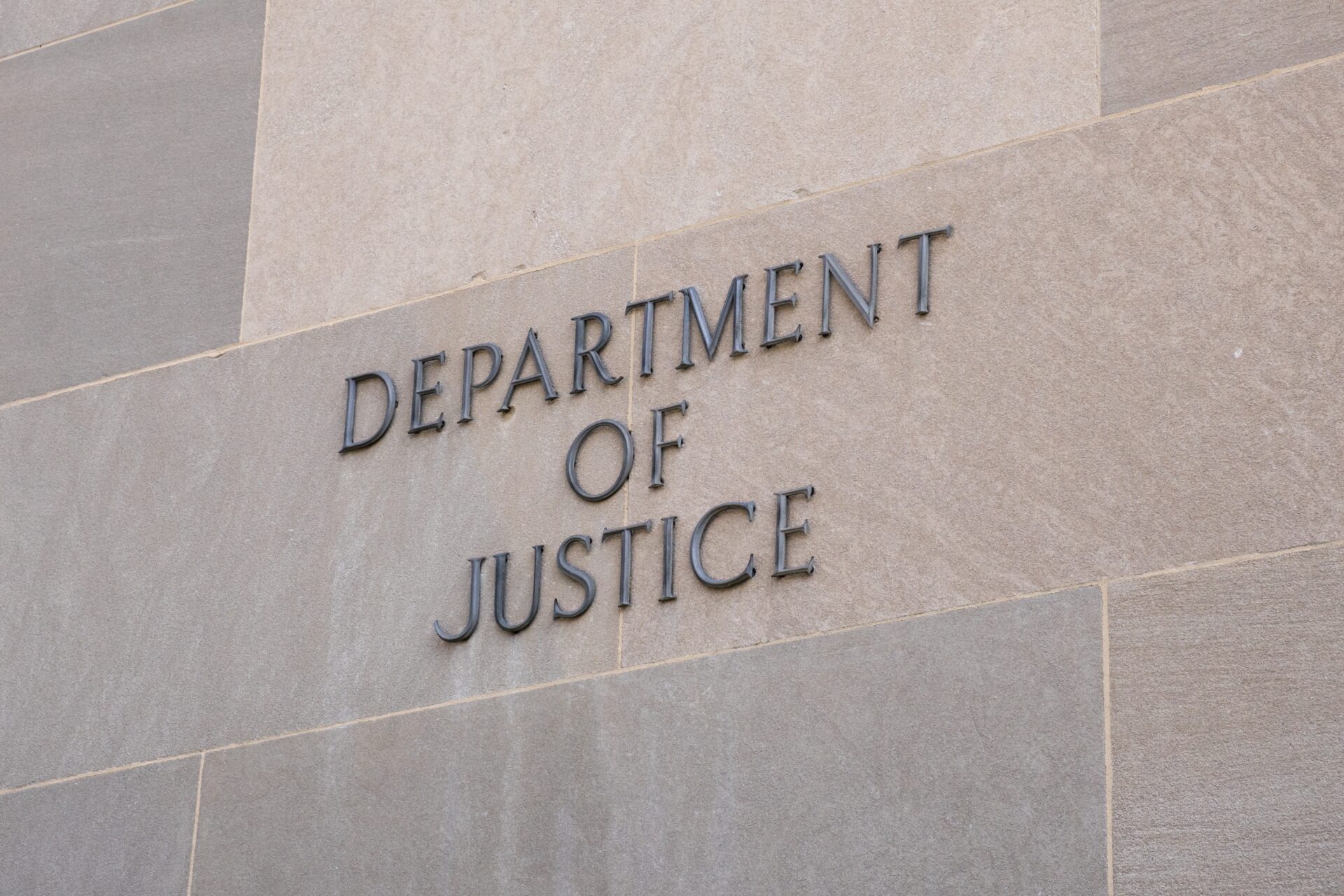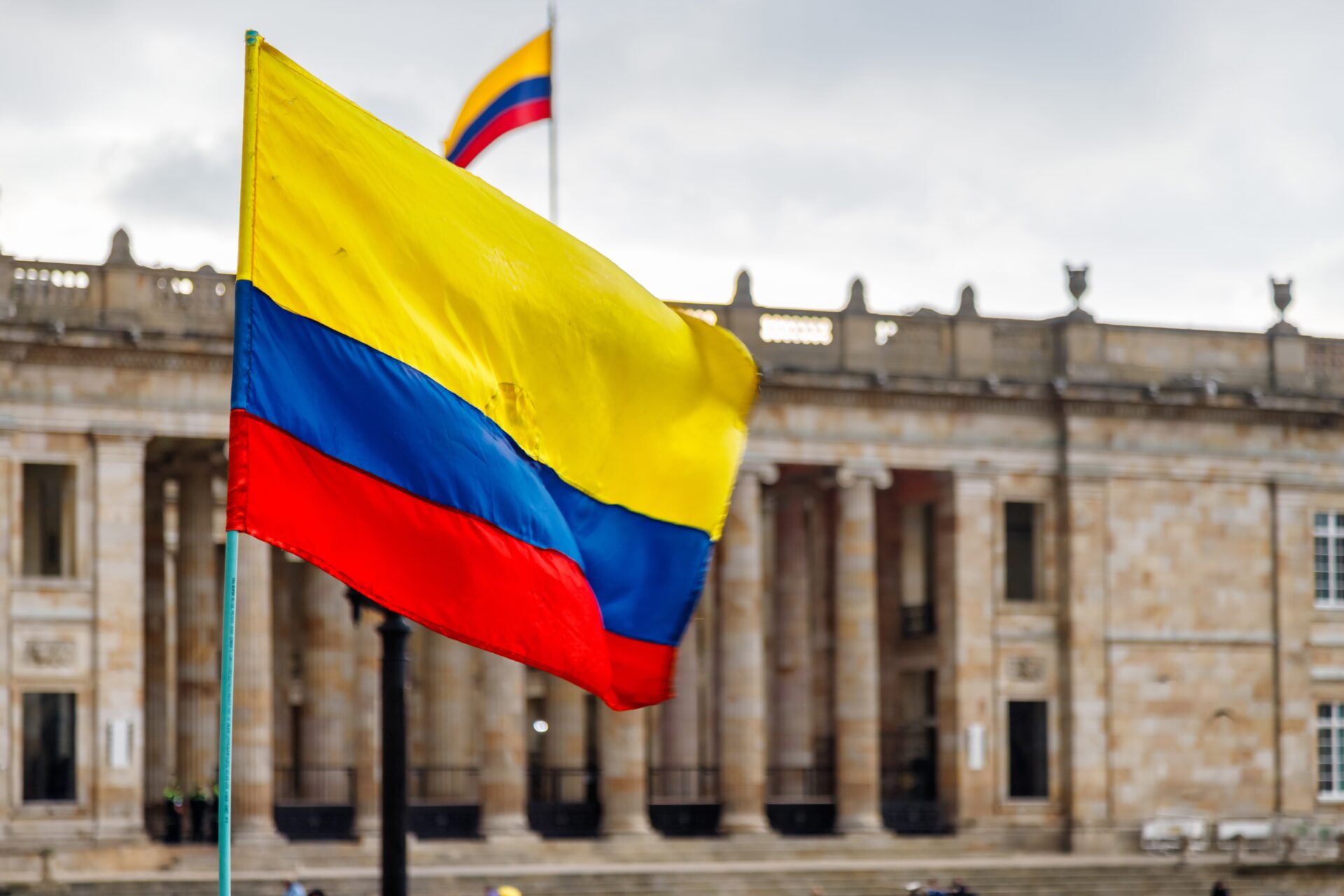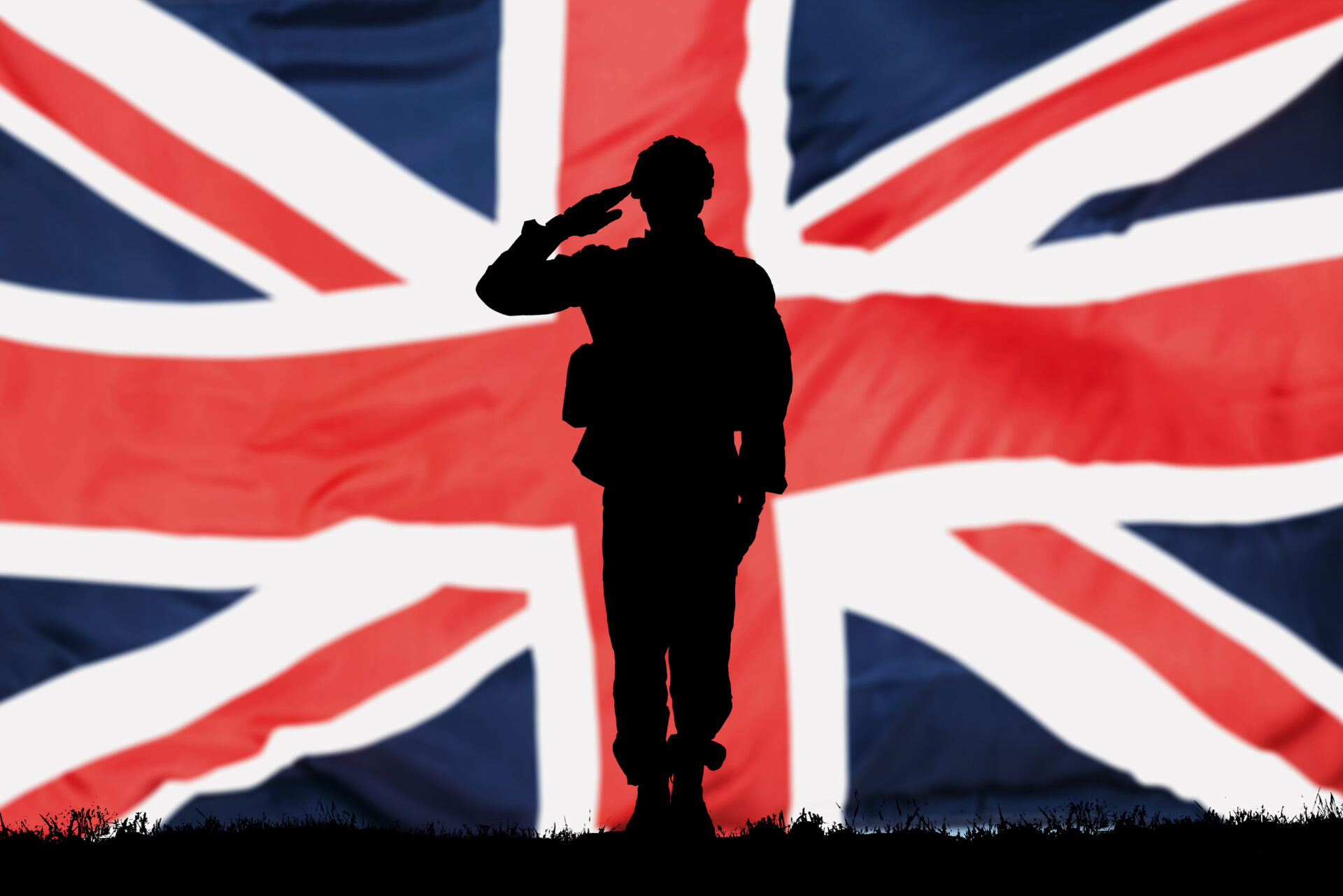
Ninth U.S. Military Strike Targets Alleged Drug Boat
Since September 2025, the United States military has conducted airstrikes in international waters off the coast of Venezuela and along established narcotics routes, targeting vessels identified as engaging in drug trafficking. These actions, authorized by the Trump administration, mark a shift in U.S. anti-drug operations in the region.
Story Highlights
- Nine U.S. military strikes have occurred since September 2025, resulting in the deaths of at least 37 alleged traffickers.
- The strikes primarily took place off Venezuela’s coast.
- The Trump administration states these operations are necessary to disrupt drug flows and protect American citizens.
- International concerns have been raised regarding the legality of the strikes, transparency, and accusations of extrajudicial killings.
- This represents an escalation in the U.S. approach to drug interdiction, moving towards lethal force.
Details of Operations and Administration Justification
The U.S. military’s operations involve lethal force against vessels suspected of drug trafficking. President Trump, in his second term, announced these actions as an escalation against “narco-terrorist organizations,” including groups such as Venezuela’s Tren de Aragua and Colombia’s National Liberation Army. The White House has stated that these strikes are crucial to prevent the flow of illegal narcotics into the United States.
This strategy differs from previous U.S. anti-drug efforts, which typically focused on interdiction, intelligence sharing, and collaboration with regional governments. The current approach is the first public use of lethal military force in Central and South America since the 1989 Panama invasion. Instead of intercepting or arresting individuals, U.S. forces are authorized to destroy vessels at sea. These actions have drawn criticism from regional governments, including Venezuela and Colombia, who allege violations of international law and extrajudicial killings.
🚨NEW: U.S. forces strike and destroy a 9th narco-terrorist vessel at President Trump’s order. This marks the second illicit narcotics smuggling vessel strike in the Eastern Pacific.
Secretary of War Pete Hegseth confirms: “All three terrorists were killed and no U.S. forces… pic.twitter.com/nLXZobM5Lo
— Fox News (@FoxNews) October 23, 2025
Concerns Regarding Transparency and Legality
Despite requests from international observers and human rights organizations, the U.S. government has not publicly released evidence connecting the destroyed vessels to criminal organizations or drug shipments. Legal scholars in the U.S. and internationally have expressed concerns that these operations may violate both domestic and international law due to the absence of due process and the targeting of suspects without trial. The administration maintains that the military actions are justified and effective, citing the disruption of drug routes and a reduction in narcotics entering U.S. communities. Further concerns about accountability and transparency have arisen following the swift repatriation of survivors from one strike, which reportedly aimed to avoid legal challenges in U.S. courts.
Political analysts suggest the strikes may serve a dual purpose: disrupting drug flows and exerting pressure on Venezuelan President Nicolás Maduro, who has been accused by U.S. officials of involvement in drug trafficking. Secretary of State Marco Rubio and Secretary of Defense Pete Hegseth have indicated the possibility of further strikes, with Homeland Security Council head Stephen Miller reportedly playing a significant role in operational decisions. Some in the region view these actions as a return to interventionist policies that could undermine sovereignty and increase violence.
Implications for U.S. Policy and Regional Stability
The use of military force against alleged traffickers aligns with President Trump’s campaign commitments to address criminal threats. Supporters argue that these operations send a strong message to criminal organizations and demonstrate a commitment to American security. However, critics caution that bypassing traditional legal safeguards could set a precedent that erodes constitutional protections and the U.S.’s reputation regarding due process and the rule of law. The impact of these strikes is reportedly being felt in Venezuelan coastal communities, where local authorities and families are dealing with the aftermath.
While the Trump administration reports success in disrupting drug shipments, the long-term consequences remain uncertain. Increased tensions with Latin American governments, potential retaliatory actions from criminal organizations, and intensified scrutiny of U.S. military conduct pose risks to regional stability and American interests. The debate surrounding evidence, legality, and the scope of presidential authority continues, with media outlets corroborating both the scale of the strikes and the international concerns.
Watch the report: U.S-Venezuela War EXPLODES | U.S Military KILLS 3 in 9th ‘Drug’ Cartel Boat Strike | Trump UNLEASHED
Sources:
Military launches ninth strike against an alleged drug-carrying vessel
2025 United States military strikes against alleged drug traffickers – Wikipedia


